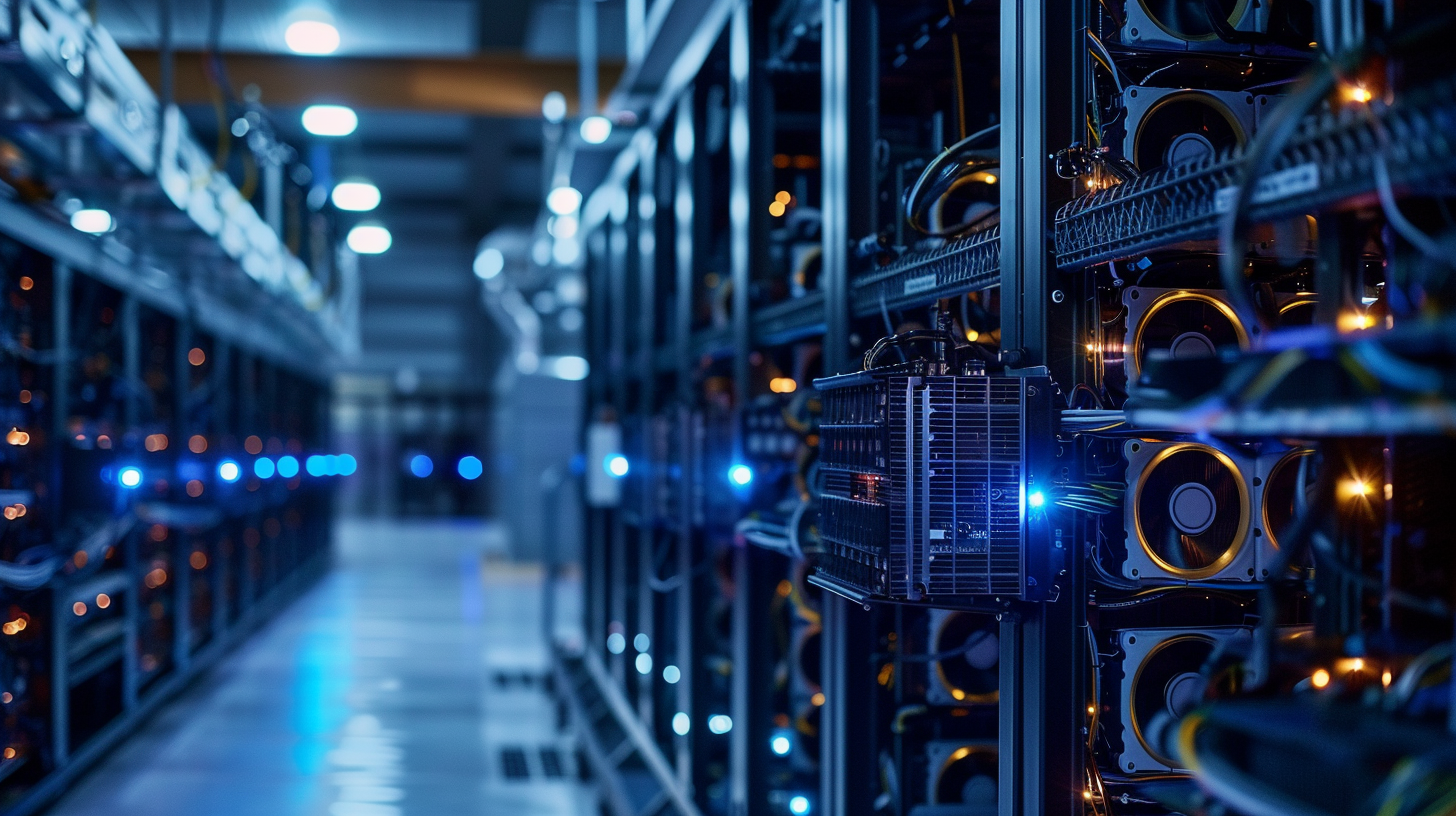CoreWeave, the rapidly rising AI cloud infrastructure provider, is once again making headlines — this time for reigniting acquisition talks with bitcoin mining giant Core Scientific. According to a report by The Wall Street Journal, the companies are in advanced discussions that could lead to a deal in the coming weeks, pending negotiations.
The move marks a notable turn in a high-stakes courtship that began last year, when CoreWeave made an unsolicited offer to acquire Core Scientific for $1.02 billion. That bid, valued at $5.75 per share, was promptly rejected by Core Scientific for undervaluing the company. Fast-forward a year, and Core Scientific’s market value has climbed to nearly $4 billion, with shares rising roughly 8% following the renewed acquisition chatter.
CoreWeave’s interest in the company is strategic. As AI workloads continue to demand massive computational power and access to stable energy supplies, former crypto mining operations like Core Scientific have become increasingly attractive targets. With expansive infrastructure already in place, these facilities offer AI players a fast track to scaling data centers without starting from scratch.
CoreWeave and Core Scientific already have history. Following the failed acquisition attempt in 2024, the companies entered a multi-decade partnership involving 12-year infrastructure contracts. Among them was a landmark deal in which Core Scientific committed to providing CoreWeave with 200 megawatts of power capacity to support its high-performance computing operations. That agreement alone signaled a convergence between the worlds of cryptocurrency and artificial intelligence — both of which depend on energy-intensive server farms.
The potential acquisition now appears to be a natural next step in that partnership. By bringing Core Scientific under its umbrella, CoreWeave would not only secure long-term access to critical power infrastructure but also strengthen its foothold in the competitive AI cloud race — a space dominated by the likes of Amazon, Google, and Microsoft.
While the exact financial terms of the revived offer have not been disclosed, market analysts suggest any deal would likely exceed the previous $1 billion bid, given Core Scientific’s increased valuation and rising relevance in the post-crypto AI landscape.
Still, a finalized agreement is not guaranteed. Regulatory scrutiny, shifting market conditions, or resistance from shareholders could delay or derail the talks. Neither Core Scientific nor CoreWeave has publicly commented on the latest developments.
The acquisition would mark another significant move in a broader trend: tech and AI companies consolidating energy assets and computing infrastructure once built for cryptocurrency mining. As AI continues to evolve and expand, the race to control the digital and physical backbones of computation is heating up — and CoreWeave is positioning itself at the center.




